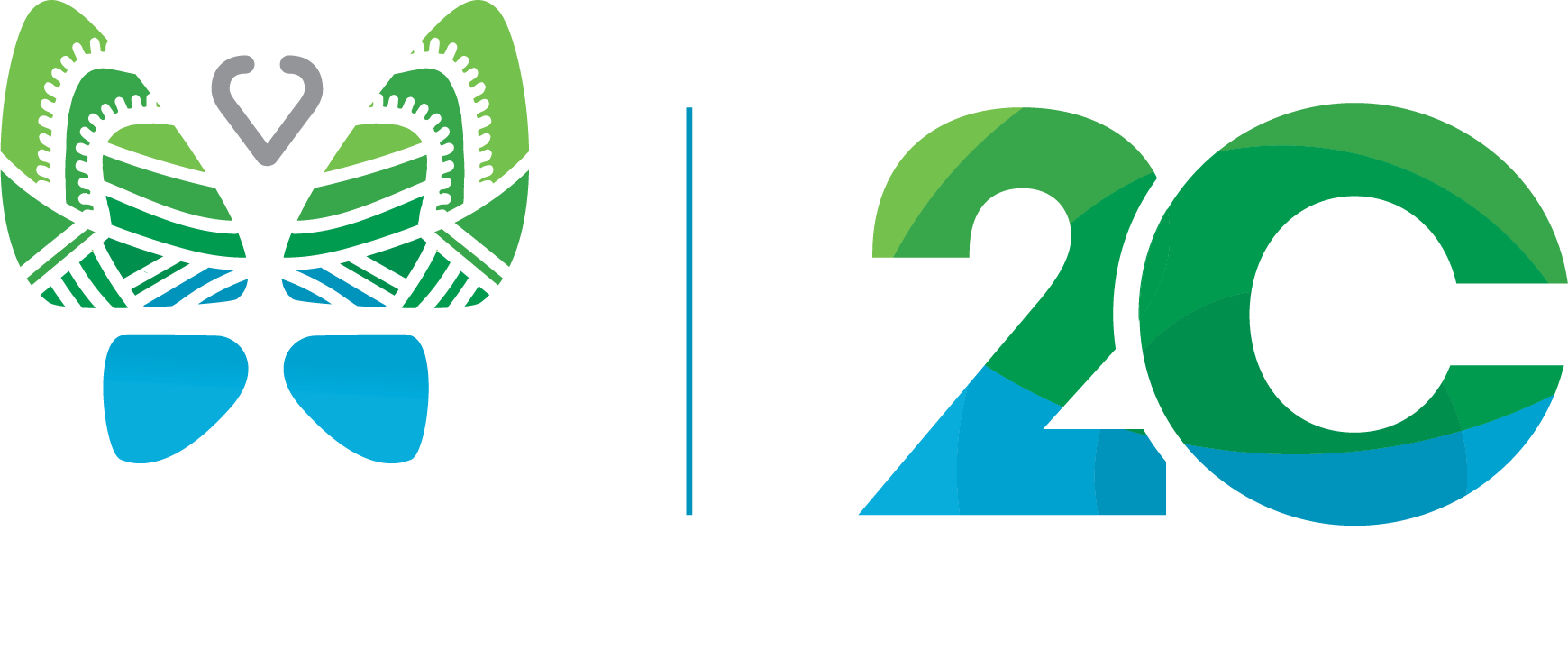STORIES OF CHANGE
“There is no greater power on this earth than story.”
Libba Bray
The ultimate goal of our work in PNG is impact, achieving the goals we set for our programs in conjunction with the people and communities we work alongside.
The best way to share this impact in the Pacific way is by talanoa, or storytelling. Here we share the stories of our work through the people involved.
The Lukautim Wantok (look out for a friend/mate) initiative enhances practical skills along with vital business and professional knowledge. Now delivered through Project Zero via the Safe House, this initiative provides life-changing skills to survivors - fostering their agency, and economic security and giving them the skills to start a new life once repatriated from the Safe House.
The Kokoda Track Foundation (KTF) has marked a historic moment by supporting the completion of the very first national high school examinations conducted along the Kokoda Track at KTF's Mt Koiari FODE (Flexible Open Distance Education) College.
KTF met with its extraordinary Oro Provincial partners to commence a new phase of its Project Zero partnership. Partners launched the next stage of the project including the opening of KTF’s new Safe House in the Province for survivors of GBV and family and sexual violence, strengthened case management and counselling services, and ongoing community awareness programs.
The Kokoda Track Foundation (KTF) concluded its Kicks 4 Kokoda (K4K) tournaments in Kokoda, Kebara, and Beuru, marking the successful culmination of this year's K4K program.
A profile on KTF’s new Solar Hub Manager, Desmond Posivi
This year, the Kokoda Track Foundation (KTF) supported 11 exceptional final-year tertiary students to undertake the Archer Leadership Development program, which includes an exchange trip to Australia. Read first-hand accounts of how this experience was transformational, not only for learning about leadership but also personally and professionally.
Last week, KTF (Kokoda Track Foundation) hosted the closing ceremony of the Light for Learning project, which aims to light up lives and futures across remote communities. Feelings of excitement and joviality marked the occasion as traditional dancers kicked off the festivities and attendees heard addresses from esteemed speakers. Our guests of honour were the Honourable Gary Juffa MP, the Governor of Oro Province and KTF’s CEO, Dr Genevieve Nelson.
Last week, KTF (Kokoda Track Foundation) in partnership with Papua New Guinea Counsellors’ Association (PNGCA) supported a 10-day upskilling training workshop. Located in Kokoda, Northern Oro Province, this workshop was conducted from Wednesday 12th – Friday 21st of April at KTF’s Kokoda FODE College and delivered a Basic Counselling Course to 24 eager participants.
Accessing high schooling has been a struggle for the Mt Koiari communities nestled high in the mountain peaks of the Kokoda Track, where the strong bond between Australia and Papua New Guinea began during WWII. The nearest high schools are located more than 3 days walk from the villages positioned mid-way along the Track. To overcome this barrier, KTF worked with the leaders and community of Manari village, the Central Province Department of Education and Kokoda College to commence the first ever high school opportunity for the people of the Track, delivered on the Track.
KTF (Kokoda Track Foundation)'s Project Zero has one goal - to protect the most vulnerable in our communities, especially women and girls. An innovative and first of its kind partnership in Oro Province, Project Zero aims to challenge and change anti-social behaviours and norms that do not keep women and children safe in their homes and communities.
In the midst of a global pandemic where health facilities are stretched, it is easy for COVID-19 to draw the focus of activities, away from other critical elements of primary healthcare. In the remote Kokoda Track region of PNG, a group of dedicated Community Health Workers are committed to ensuring their communities stay safe and well from all health risks, including that posed by the virus.
Papua New Guinea recently transitioned to a new ‘3-6-6’ model of education, which introduced formal schooling to the earliest, formative years of a child’s education. As the new learning landscape takes root, the need is apparent for the development of a structured framework for Early Childhood Education (ECE).













